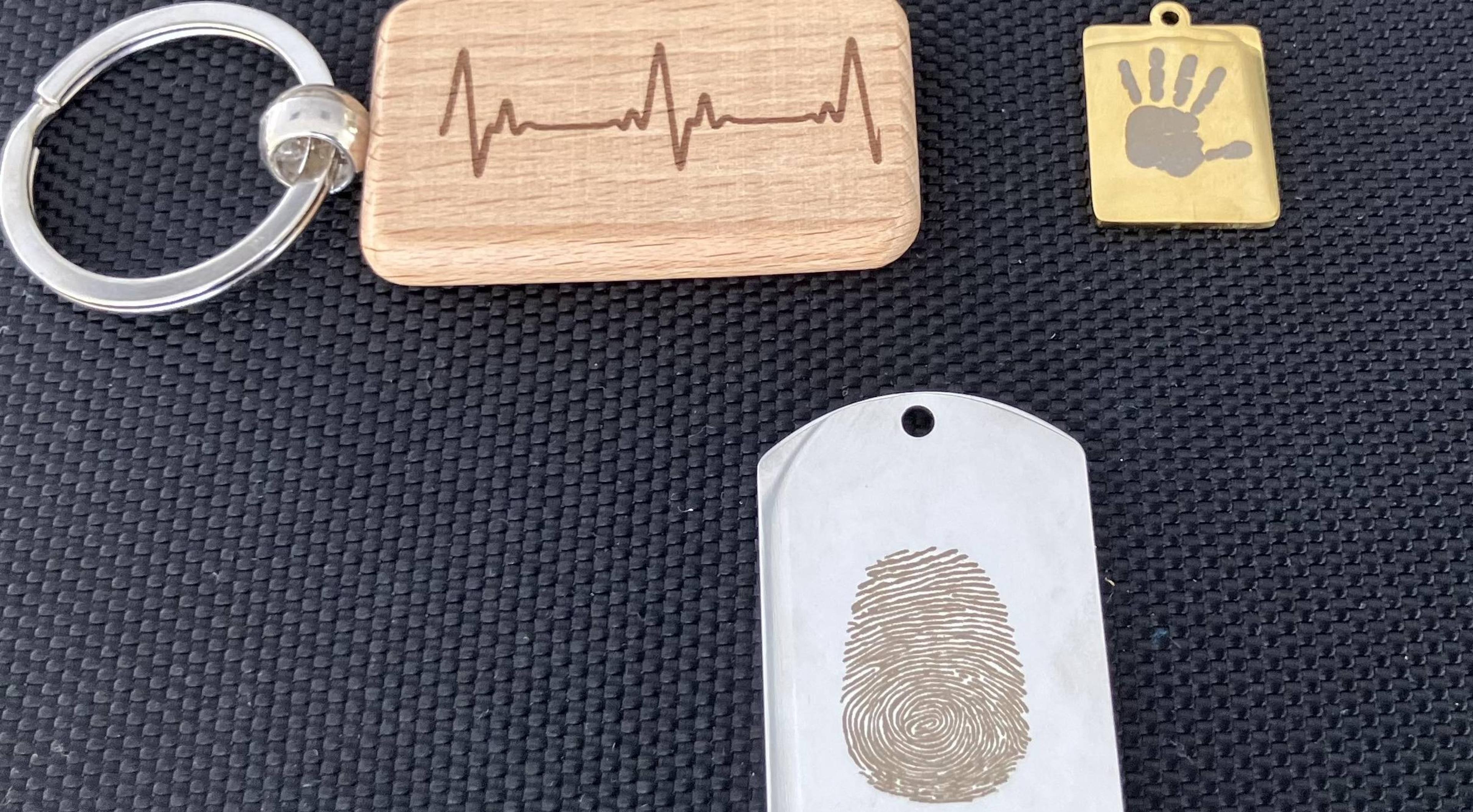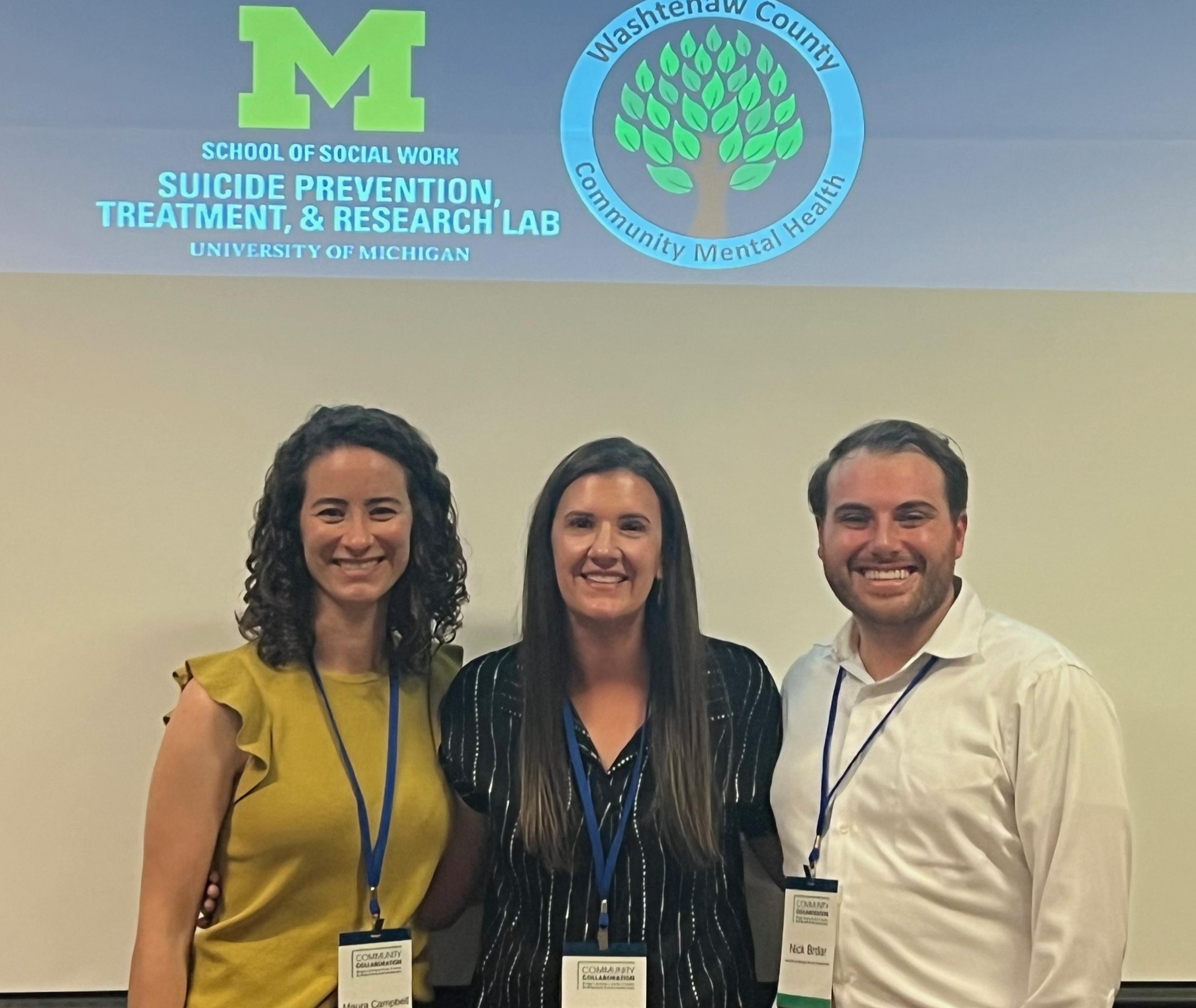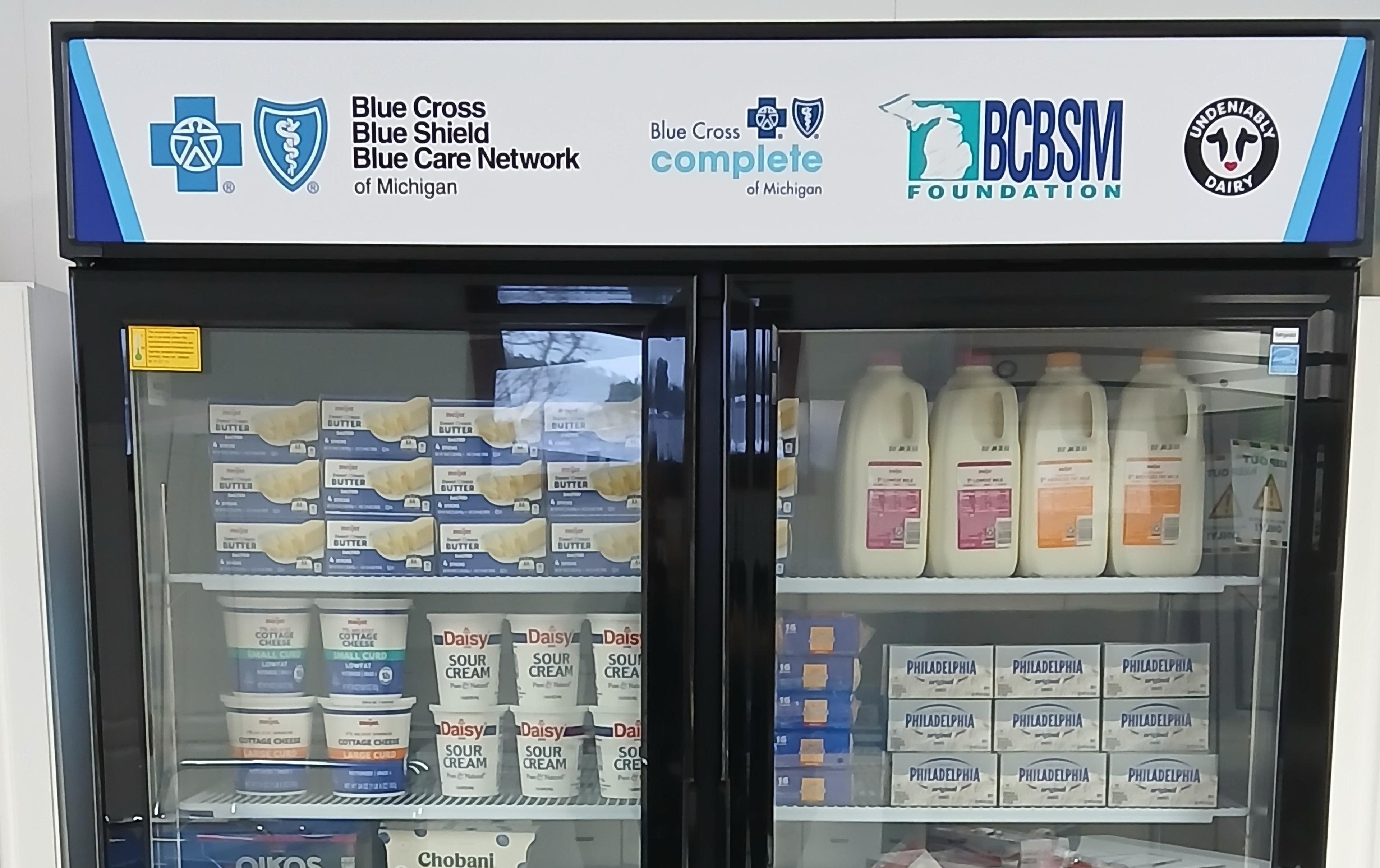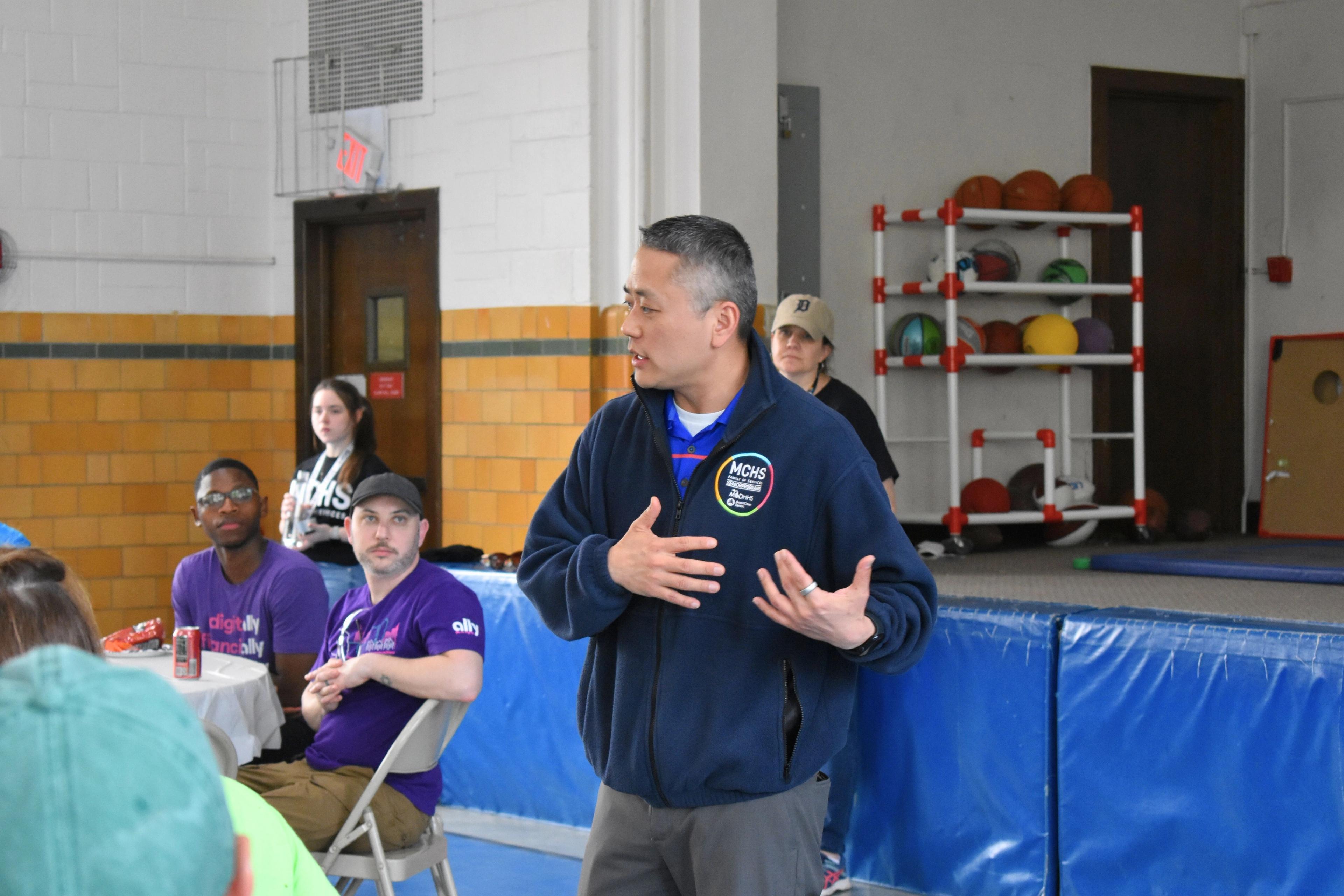Grant Helps Individuals with Disabilities Safely Live at Home
Amy Barczy
| 3 min read
Amy Barczy is a former brand journalist who authored...

One in four adults in the U.S. have some type of disability. But “disability” is a term encompassing a group of people with a wide range of needs – from physical and mental impairments to activity limitations to participation restrictions. There’s no one-size-fits all approach to accommodating individuals with disabilities – and that’s where Disability Advocates of Kent County has been working to make a difference since 1981 in West Michigan.
From working with local businesses, nonprofits, architects and developers to ensure compliance with the Americans with Disabilities Act (ADA) and the Michigan Construction Code to advocating for transit solutions, Disability Advocates works within communities to remove barriers and increase awareness.
Recently, Disability Advocates of Kent County has expanded its Home Accessibility Services program to up to 75 more individuals in its service area thanks, in part, to a grant from the Blue Cross Blue Shield of Michigan Foundation.
“This funding extends a critical service to individuals who previously did not qualify for help,” said Judy Morris, Occupational Therapy Program Manager, at Disability Advocates of Kent County. “Living at home can be potentially dangerous for individuals with disabilities if they don’t have accommodations made to their living spaces – which ultimately can limit how they manage their day-to-day lives.”
For example, someone who can’t walk down the steps outside of their home may never leave their home – leaving them isolated from their communities and from resources, including health care. Other individuals may not bathe themselves because they can’t get in and out of their tubs and showers.
“All of these situations can contribute to poor health and hygiene and may contribute to poor mental health as well,” Morris said. “Our goal is to make sure that our consumers can access all needed areas in their home as well as in the community.”
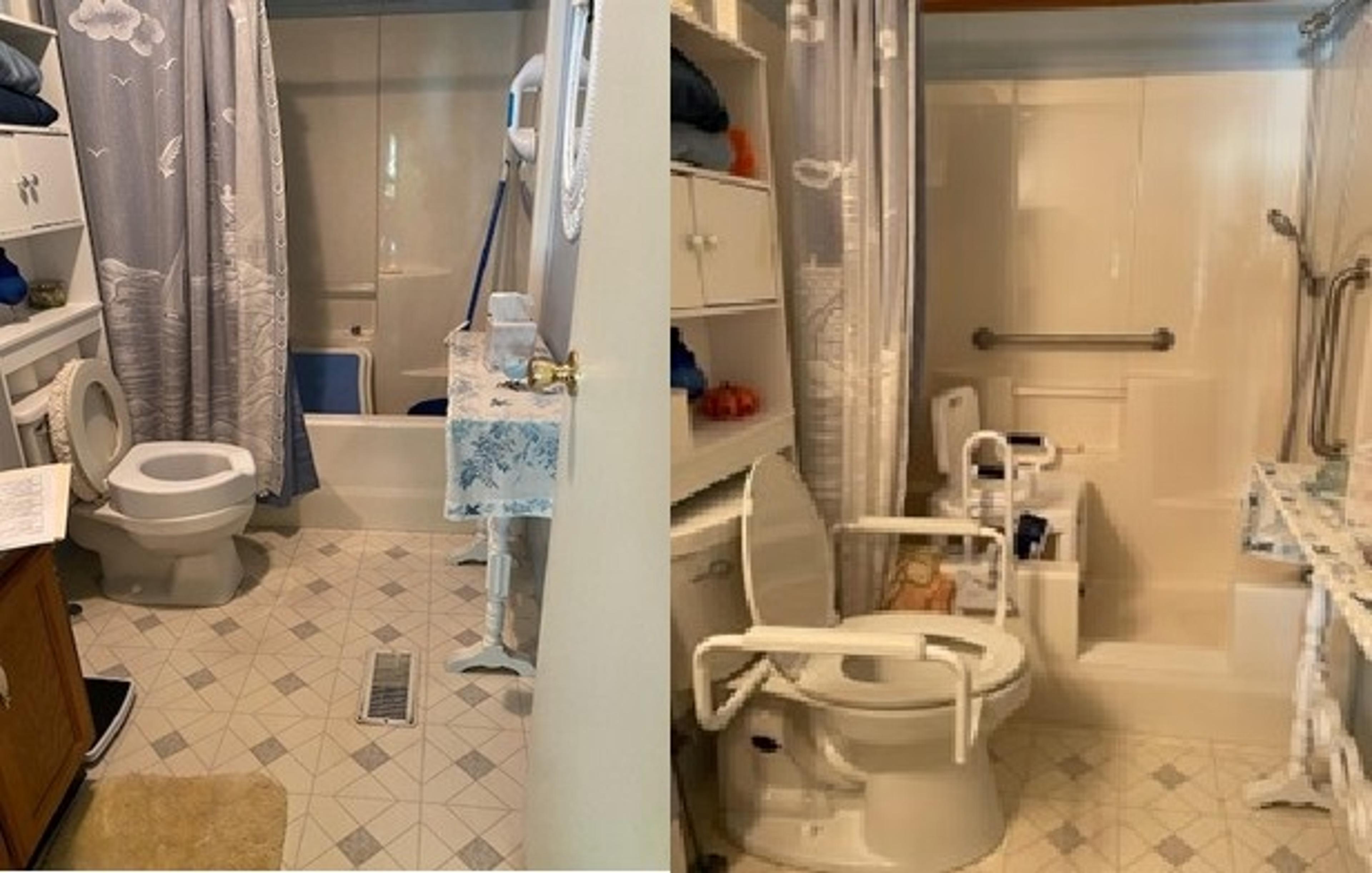
The Home Accessibility Services program works with individuals referred to Disability Advocates for help. A registered occupational therapist identifies barriers in their home, and recommends any maintenance, modification or adaptive equipment that could help. Disability Advocates then oversees the completion of the work and provisioning of equipment.
One recent project assisted a 91-year-old woman living on her own in a mobile home. She was having difficulty safely using her bathroom. Disability Advocates assisted in installing a comfort height toilet with toilet rails and performed custom work to the tub to cut it open, add a tub safety rail, permanent grab bars on the side wall and the shower entry. Combined with a new handheld shower and a bath seat, the modifications provided the woman with a safer experience.
“The BCBSM Foundation is committed to helping everyone in our communities live their fullest, healthiest lives,” said Audrey Harvey, executive director and CEO of the BCBSM Foundation. “Home modifications like these can significantly reduce the chances of having a fall and possible hospitalization – and can also reduce the burden on caregivers.”
Photo credit: Getty Images


